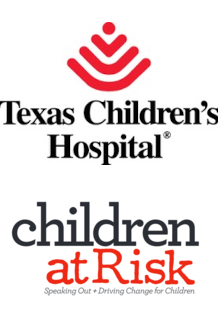Abstract
Congress has restored the authority of the U.S. Department of Health and Human Services to issue “waivers” from rules restricting the use of some funds under Title IV-E of the Social Security Act. The waivers allow funds now restricted to foster care to be used for prevention, family preservation and other services as well. This paper discusses the benefits of waivers and estimates the amount of money that a waiver would cover in each state.
Author Biography
Richard Wexler’s interest in the child welfare system grew out of 19 years of work as a reporter for newspapers, public radio and public television. During that time, he won more than two dozen awards, many of them for stories about child abuse and foster care. He is the author of Wounded Innocents: The Real Victims of the War Against Child Abuse (Prometheus Books: 1990, 1995). Wexler has testified before Congress and state legislatures and advised the U.S. Senate Subcommittee on Children and Families in its 1995 rewrite of the Child Abuse Prevention and Treatment Act. Wexler’s writing about the child welfare system has appeared in The New York Times, The Washington Post, the Los Angeles Times, the Chicago Tribune and other major newspapers, and he has been interviewed by The New York Times, The Washington Post, the Los Angeles Times, Time, the Associated Press, USA Today, 60 Minutes, National Public Radio, CNN, Good Morning America, Today, CBS This Morning, ABC World News Tonight, the CBS Evening News, and other media. Wexler is a graduate of Richmond College of the City University of New York and the Columbia University Graduate School of Journalism, where he was awarded the school’s highest honor, a Pulitzer Traveling Fellowship. He was formerly Assistant Professor of Communications at The Pennsylvania State University—Beaver Campus.
Recommended Citation
Wexler, Richard
(2012)
"Child Welfare Waivers: The Stakes for Families,"
Journal of Family Strengths: Vol. 11:
Iss.
1, Article 15.
DOI: https://doi.org/10.58464/2168-670X.1019
Available at:
https://digitalcommons.library.tmc.edu/jfs/vol11/iss1/15
Responses to this Article:
Stephanie Smith, Commentary on "Child Welfare Waivers: The Stakes for Families" (November 2011)


